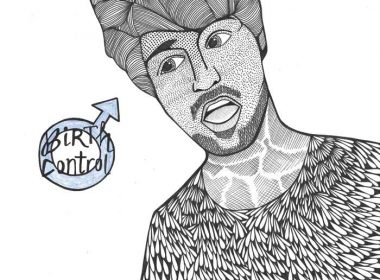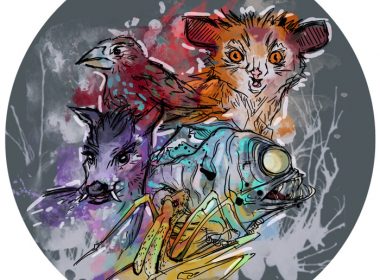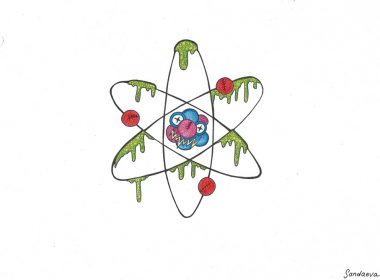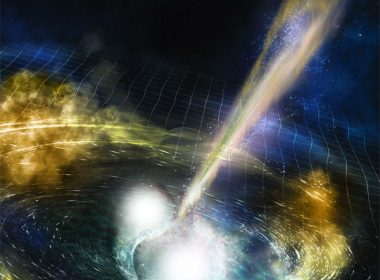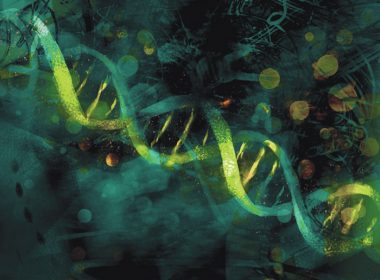For many, 3D printing seems futuristic and inaccessible. However, in reality 3D printing is easy, available, and relatively cheap. Those looking to get involved need look no further than right here at McGill. Christophe Paganon is one of four board members of the McGill 3D Printing Design Team (M3DP) and[Read More…]
Science & Technology
The latest in science and technology.
Just keep swimming… or not: The story of male contraceptives
Men and women are both responsible for pregnancy; yet, the burden of preventing it often falls on women. The fact that most types of birth control are made for women creates this discrepancy, as men don’t have the same selection of methods: Female birth control includes hormone injections, morning after[Read More…]
Five spooky animals to keep you up at night
Halloween and creepy creatures go hand in hand, but there’s more to the animal kingdom than the generic vampire bat or black cat. Here are five spooky animals to get you in the Halloween spirit: Tufted deer Found in the mountainous forests of China, Tibet, and Myanmar, the tufted[Read More…]
Sordid tales of quantum physics
More haunting than any ghoul is the occurrence of entanglement, or nonlocality. Entanglement occurs when particles, also known as various small ‘fields,’ are linked. These fields include electrons, photons, atoms, and even molecules, which share a common history that intertwines their futures. Measuring or changing the state of an entangled[Read More…]
Gravitational waves when neutron stars collide
A global effort, with contributions by McGill astrophysicists including Assistant Professor of Physics in the McGill Space Institute (MSI), Daryl Haggard, and postdoctoral researcher Melania Nynka, has detected gravitational waves coming from the collision of two neutron stars in orbit. Among the many implications of this discovery, the origin of[Read More…]
What sparks wildfires?
Every passing summer brings forth the recurring and growing problem of forest fires in British Columbia, as well as in neighbouring provinces and states south of the border. Provincial governments have been tasked with preparing and dealing with fires that seem to be affecting larger and larger areas of land,[Read More…]
Designer babies in the age of CRISPR
A powerful gene-editing tool, known as CRISPR, has been developing, promising new approaches to treating various illnesses and even modification of children by their parents. Yet, it seems society still hasn’t addressed fears about the possible misuse of such technology—technology that research labs around the world have already started using. CRISPR[Read More…]
Skepticism in climate science: Reasonable or regressive?
Ninety-seven per cent of scientists agree that humans contribute to climate change. Patrick Moore, a co-founder of Greenpeace, falls into the other three per cent. “Even if we are causing [climate change], it’s hardly anything,” Moore said in an interview with The McGill Tribune. He describes himself as a “sensible[Read More…]
Why Canada needs to localize the artificial intelligence market
Today, the fourth industrial revolution is being fuelled by artificial intelligence (AI), which is disrupting and transforming almost every industry. Inevitably, the countries that invest most heavily in their successful domestic AI technology companies will rise in global presence. Canada is running in this race, but is not in first[Read More…]
Why reducing emissions isn’t enough to change our climate trajectory
Audience members at the Living Soils Symposium’s climate talk on Oct. 15 fell silent when the conference’s final speaker, President and Co-Founder of The Carbon Underground Larry Kopald, spoke out on the bleak future of climate change mitigation. “I’d like to start by saying we’re not going to save the[Read More…]

